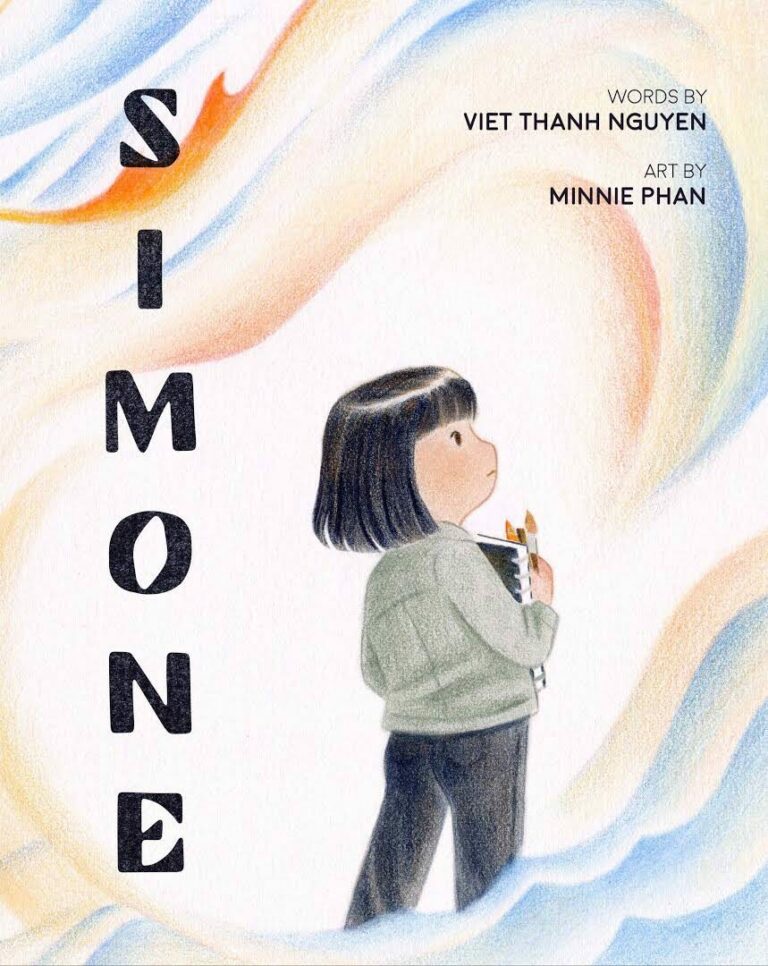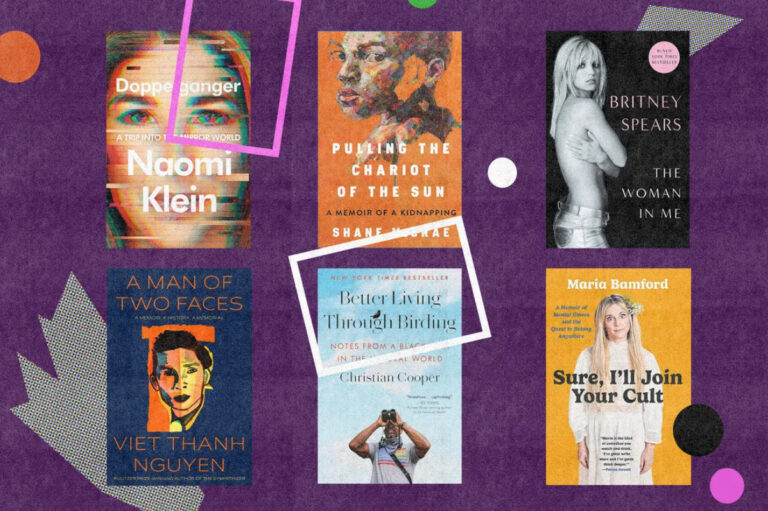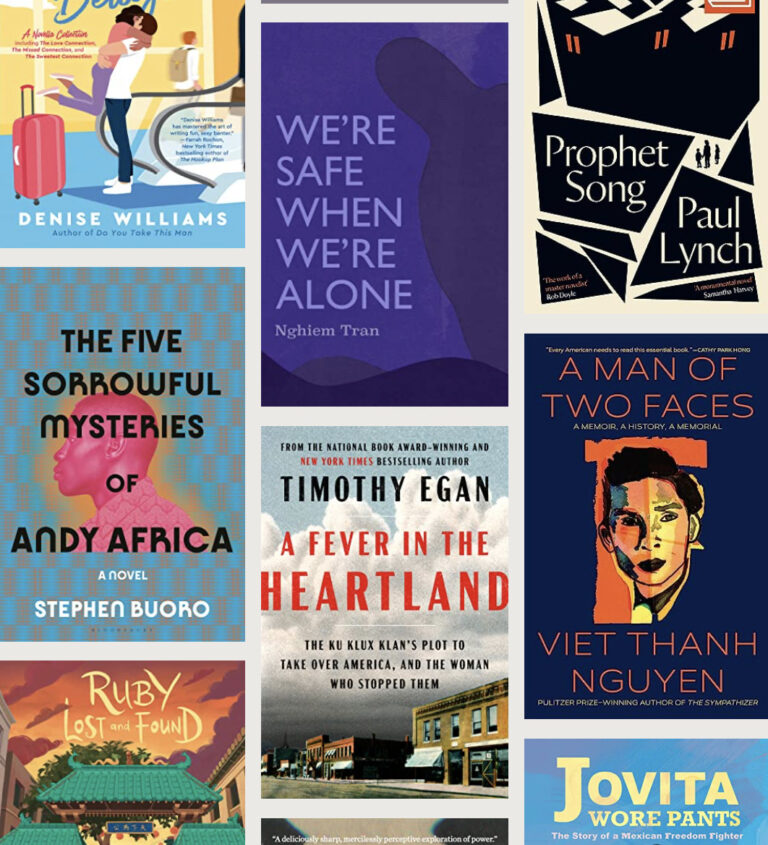Rupert Winchester of The Mekong Review reviews Viet Thanh Nguyen’s newest short story collection, The Refugees (Grove Press: Feb 2017).

When Viet Thanh Nguyen rocketed into the global literary pantheon last year with the Pulitzer Prize for fiction, it was only natural that publishers should start looking for other Vietnamese-born writers to join the bandwagon. Luckily, Nguyen’s publishers had the man himself on hand to supply them with a pocketful of short stories, until he comes through with a follow-up to the much lauded The Sympathizer.
If that sounds cynical, it’s not meant to. The Sympathizer is a bold, bright, ambitious and beautifully written book. Its coruscating light is inevitably going to put short stories in its shadow.
Yet the nine stories that make up this brief volume are a delight. It is written from an array of viewpoints, and its characters include young gay men, American tourists with “blended” families touring Southeast Asia, children, middle-aged Mexicans and Vietnamese waitresses.
The one thing that unites all of the stories is the semi-dreaded “immigrant experience.” Nguyen is never less than acute on the trials and tribulations of newly minted citizens, from relatives in Vietnam who “periodically mailed us thin letters thick with trouble,” to conversations in San Francisco’s Japantown, “talking instead about Jack Nicholson, whose films Liem had never seen, and Western Europe, which Liem had never visited, and the varieties of sushi, which Liem had never eaten before.”
And he slyly weaves in commentary on the hypocrisy of his adopted homeland. A Chinese seller of counterfeit goods pretends to be Vietnamese, and calls himself Louis Vu, afer Louis Vuitton. The handbags and other ephemera he deals in, those badges of Western belonging, are branded with good foreign names: Donna Karan, Calvin Klein, Jimmy Choo, Hedi Slimane, Dolce & Gabbana, Gucci, Fendi and Versace. The uniforms of acceptance reek of an unnoticed other.
Probably the best story here is the final one, in which a child of a first marriage, brought up in the United States, comes to visit the second family in Ho Chi Minh City. The second set of children are named, bathetically, after the first. But there the similarities end.
“Phuong’s namesake, for example, was seven years older, fifteen centimetres taller, twenty kilos heavier, and, from the record of the photographs included with the letters, in possession of fairer, clearer skin; a thinner, straighter nose; and hair, clothing, shoes, and makeup that only became ever more fashionable as she graduated from a private girls’ school, then from an elite college, followed by medical school and then a residency in Chicago. Mr. Ly had laminated each of the photographs to protect them from humidity and fingerprints.”
The elder Phuong’s two-week vacation is an eye- opener for all involved: not funny or melodramatic but clarifying, redemptive and bittersweet.
The layers of deception involved, self-administered and often self-requested, work as an indictment of the idea that migration is ever a simple, transactional affair. Everyone is hurt here, everyone is holding in the pain of not being as usual; yet no one knows what “as usual” is. For “Phuong’s Namesake,” deception is at the very heart of what she is willing to share; for the originally named Phuong, all she has is her simple relative poverty, for the new Phuong, her new life is essentially worthless. New Phuong’s gift to the old Phuong sums up the gulf between them — sexual and intimate, yet entirely defined by its surface.
If Nguyen inevitably invites comparisons with Vietnam’s last literary Next Big Ting, short story sensation Nam Le, it is to the benefit of both. Both are Vietnam-born and raised in the West, both are relatively young and well educated; both have been garlanded with armfuls of literary awards and translated into dozens of languages.
But if Le’s palette is broader — Iranian politics, teenage hit men in Colombia, cancer-ridden New York painters — Nguyen’s is intensely focused on the dislocation of immigration. And if the two writers share motifs and themes, especially the appalling physical hardships of the boat journey fleeing Vietnam, they both manage the impressive feat of precisely rendering the fleeting moment.
Which is, in the end, exactly what the short story is for. Forget all the chatter about the form being perfectly suited to our digital-mobile-device quantum-attention-span age — the short story is a beautiful affirmation of the supreme importance of art in our daily lives. And Viet Thanh Nguyen drives that point home brilliantly.


